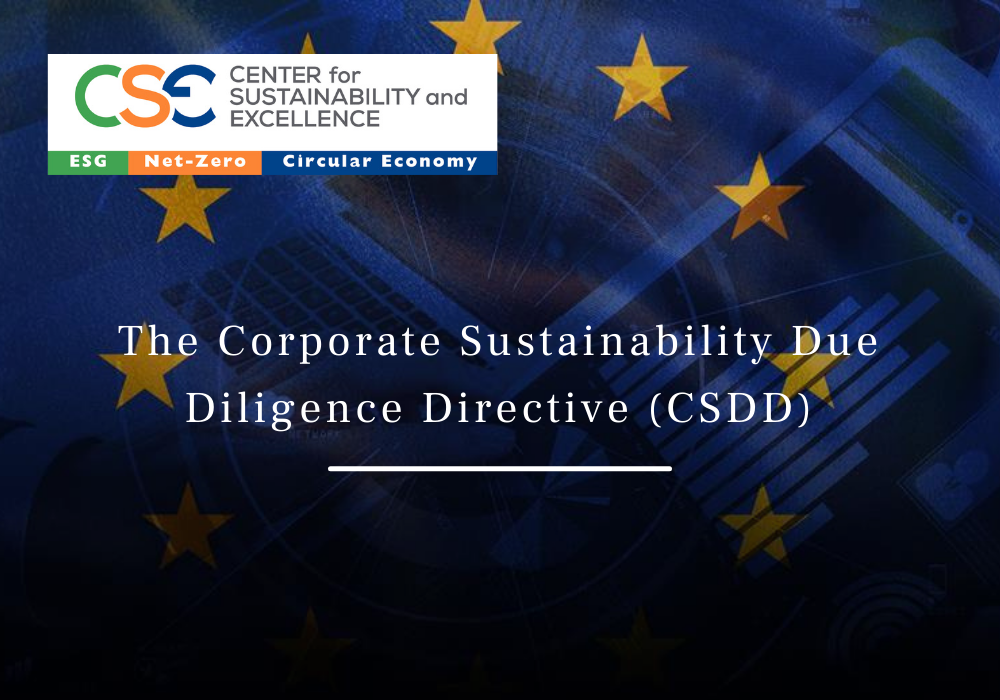Business’ impacts take place throughout the entire value chain and the EU has already acknowledged this. The European Commission has set one more time high standards by becoming the first policymaker in the world to take concrete initiative for human rights and environmental violations in the supply chain. The Corporate Sustainability Due Diligence Directive (CSDDD) will apply on both large European and non-EU companies doing business in Europe.
More specifically, the directive will firstly apply to all EU companies with more than 500 employees and €150 million revenues worldwide and non-EU companies active in the EU with turnover generated in the EU of €150 million. Two years later, it will also apply to EU companies with 250 employees and €40 million annual turnover, and non-EU companies with turnover of €40 million generated in the EU.
It is estimated that it will cover about 13,000 EU companies and about 4,000 non-EU companies. Small and medium-sized enterprises (SMEs) have not been included so far, however, they will be indirectly affected because they are often part of a larger company’s value chain.
The main focus is turned on sectors with a high structural risk of human rights and/or environmental violations in their supply chains. As identified by the OECD, these are the textiles, agriculture, forestry, fisheries, food manufacturing, extractive industries, basic and fabricated metal products and basic intermediary products, e.g., chemicals.
According to CSDDD, companies should strengthen their human rights and environmental policies, board responsibilities, due diligence procedures and actions to avoid or mitigate adverse impacts in all parts of the product lifecycle, from raw materials sourcing, over design and production, to distribution and disposal. Those ignoring these requirements will face fines. Within the scope of the directive, there is an additional provision, which requires them to adopt climate change plans in line with the 1.5 degree global warming target of the Paris Agreement.
It is worth noting that some EU member states have already introduced their own national due diligence rules, including Germany and France. Netherlands has also started discussions on their own national rules.
The EU is now aiming at making businesses accountable for human rights violations and environmental harm. It is now the chance for companies to remain competitive.
Join CSE’s flagship course, the Certified Sustainability ESG Practitioner Program and get all the necessary skills to upscale your value chain’s sustainability performance.







